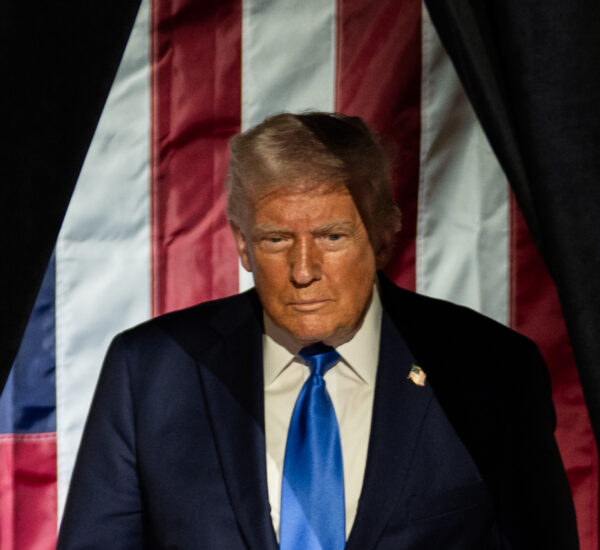Democrats Panicking Over Trump’s New Win
Democrats are beginning to express concern that current polling may be underreporting former President Donald Trump’s support, similar to what happened in both 2016 and 2020. Recent data from a New York Times/Siena College poll shows Trump leading Vice President Kamala Harris in crucial Sun Belt states, with significant margins: 50% to 45% in Arizona, 49% to 45% in Georgia, and 49% to 47% in North Carolina.
These numbers indicate a notable shift in Arizona and North Carolina compared to previous polls from August, where Harris held a lead of five points in Arizona and two in North Carolina. Meanwhile, Trump has consistently maintained a slight edge in Georgia, which remains crucial for his campaign.
Trump’s performance in these states is also reflected in the RealClearPolitics polling averages, where his lead in North Carolina is the narrowest at 47.8% to 47.4%. While Harris currently holds a slight lead in the national polling average, at 49.4% to 47.2%, the trends in key battleground states are particularly encouraging for Republican supporters.
Historically, Trump secured victories in Arizona, Georgia, and North Carolina during the 2016 election, but faced setbacks in those states during the 2020 election cycle. Notably, North Carolina has only voted for a Democrat in a presidential election twice since 1968, in 1976 and 2008.
Democratic leaders, including Sen. John Fetterman of Pennsylvania, have openly acknowledged their fears about polling inaccuracies and the possibility of underestimating Trump’s appeal. They are recalling the polling mistakes of previous elections, which failed to account for a diverse range of voters, particularly among non-college-educated white men.
Interestingly, Harris’s current lead in the national average is smaller than Clinton’s lead at the same time in 2016, and significantly less than Biden’s in 2020. With stronger polling numbers this cycle, Trump appears to be in a favorable position, not only to challenge his opponents but potentially to win the popular vote, a goal he narrowly missed in 2016. The dynamics are shifting, and Republican voters have much to feel optimistic about as the election season heats up.





